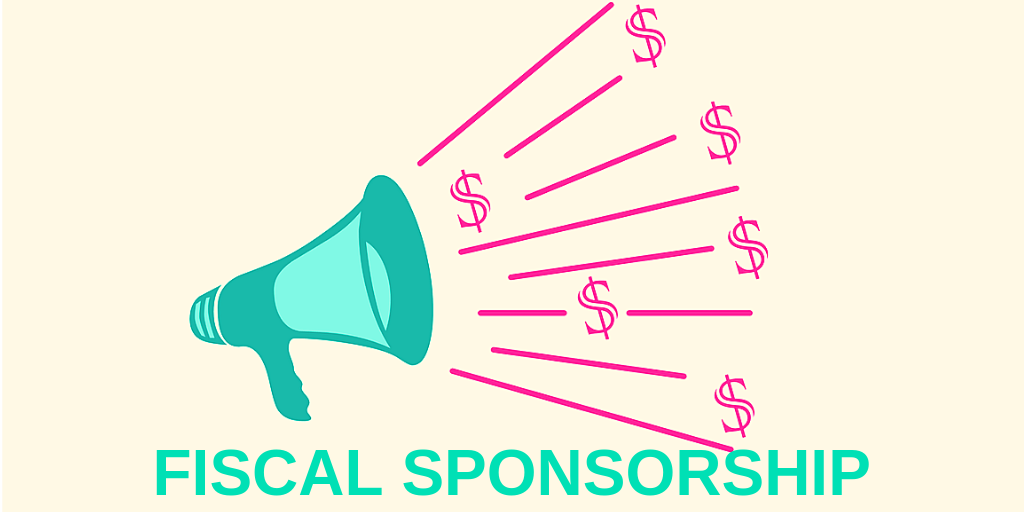 When the Transparency and Accountability Initiative (TAI) was reconfiguring our strategy in 2016, we also reconfigured our institutional setup. We transitioned from being hosted by one of our donor members to becoming a fiscally-sponsored project. We are far from alone in taking that step. Many international initiatives working on transparency and accountability issues are now fiscally-sponsored, including the Open Contracting Partnership, the Transparency Accountability Participation Network, and the Financial Transparency Coalition. Major organizations in the field that are now independent sometimes started as sponsored projects, including the Open Government Partnership and the International Budget Partnership. Nor is TAI the only donor collaborative to take this step – so are those on issues such as international human rights, women’s empowerment, and global peace and security.
When the Transparency and Accountability Initiative (TAI) was reconfiguring our strategy in 2016, we also reconfigured our institutional setup. We transitioned from being hosted by one of our donor members to becoming a fiscally-sponsored project. We are far from alone in taking that step. Many international initiatives working on transparency and accountability issues are now fiscally-sponsored, including the Open Contracting Partnership, the Transparency Accountability Participation Network, and the Financial Transparency Coalition. Major organizations in the field that are now independent sometimes started as sponsored projects, including the Open Government Partnership and the International Budget Partnership. Nor is TAI the only donor collaborative to take this step – so are those on issues such as international human rights, women’s empowerment, and global peace and security.
So, what is driving this trend? What is fiscal sponsorship and why did we go down that path as TAI? It seems many want to know the answers. We both receive frequent questions about sponsorship from international development organizations considering their options and looking for advice: How do you find sponsors? What should you look for? How can you decide? Jenny has worked with several organizations and projects on these questions.
In this blog series, we’d like to share what we’ve learned. This first blog helps leaders of projects think about why they might want to choose fiscal sponsorship. It also covers the basics of the model and where to start your search. In the next blog, we’ll cover some general factors to look for when choosing between sponsors. Our final blog will share what we’ve heard about these kinds of operational models outside of the United States and speculate about their broader potential and drawbacks.
What is fiscal sponsorship?
Fiscal sponsorship has many different forms. In fact, one of the most famous books on the topic is about six ways to do it. In most cases, we have seen, however, fiscal sponsorship entails a project being housed by an organization with an aligned mission. The project does not have its own legal identity and its funding goes to the host organization. This is the “comprehensive” fiscal sponsorship model, and it means that the project falls under the governance of the board of the host organization, even if the project maintains its own advisors.
The host organization ensures legal compliance, tax filings, financial reporting, and more. Part of its legal compliance is to ensure that its projects further a non-profit mission. This is essential because all US-based hosts that we know of are public charity organizations (commonly called 501c3 organizations). Projects are usually asked by the host to contribute to overhead, use its various systems, abide by its policies, and report to management and the board. The relationship is often spelled out in writing in a memorandum of understanding (MoU).
Why did we choose sponsorship?
Whether sponsorship is a good fit for your project depends on a variety of factors, including its mission, lifecycle, size, expected duration of operation, and governance arrangements. New projects with short-term goals, for example, often choose sponsorship since creating an organization can take considerable time. Networks also often choose sponsorship as their constituents view establishing a separate organization as a burden. On the other hand, it is difficult to find host organizations for a project without any current funding. And some networks choose to stay fully decentralized, with staff giving time across member organizations.
Overall, we have seen projects choose fiscal sponsor rather than form their own organizations for the following reasons:
- Desire to focus on content rather than setting up a board or administering procurement, banking, human resources, etc.
- Interest in staying nimble and short-term in nature
- Realize savings from economies of scale from larger hosts
- Recognize synergies with host, such as one experienced with some functions of the project (e.g. a fiscal sponsor that already makes small grants can support a project to do that)
- Concern that political issues among founders, funders, or members may make an independent organization unappealing
- Interest in receiving tax-exempt donations easily
Of course, sponsorship is not for everyone. For why you might not want to be a fiscally-sponsored project, see this old chestnut by Nathaniel Heller. The San Francisco Bar Association also adds: loss of control, fees, branding issues, and difficulty separating later. In addition, some projects may have more options beyond sponsorship or going independent, including staying decentralized in a network.
How do you go about finding a sponsor?
Even since 2016, when TAI became a fiscally sponsored project of Proteus Fund, we’ve seen some of the best-known fiscal sponsors grow in size and community-based sponsors extend to international projects. The National Network of Fiscal Sponsors (NNFS) has been working for over a decade to build standards and encourage good practice in this field, and this space continues to evolve. In short, there are many options to consider.
There are at least two kinds of sponsors as you start exploring options. The first kind of sponsor specializes in sponsorship. It is easy to find this kind of sponsor as many of them are listed in the Fiscal Sponsorship Directory. You can also check your local non-profit networks for more.
The second kind are organizations with missions that are aligned with your project that do not do this in a specialized way. You’ll have to use your networks to find these, and once you’ve found some potential organizations, you’ll have to discuss your interest in sponsorship with them in more detail. They may not be familiar with the model.
What should I look for in a fiscal sponsor?
See our next blog…
Please note that the content of this blog has not been reviewed by a lawyer; organizations considering becoming or using a fiscal sponsor should get advice from a counsel that has experience with US non-profit law.
Further reading
Gene Takagi, “Fiscal Sponsorship: A Balanced Overview,” Nonprofit Quarterly https://nonprofitquarterly.org/2016/01/19/fiscal-sponsorship-a-balanced-overview/
GrantSpace, What is Fiscal Sponsorship? How do I find a fiscal sponsor? https://grantspace.org/resources/knowledge-base/fiscal-sponsorship/
Nonprofit Law Blog’s archive on fiscal sponsorship
http://www.nonprofitlawblog.com/category/fiscal-sponsorship/
Michael Jarvis is the Executive Director of TAI while Jenny Lah is an Independent Consultant who previously worked with TAI. She has supported several organizations on networking hosting and fiscal sponsorship issues.


